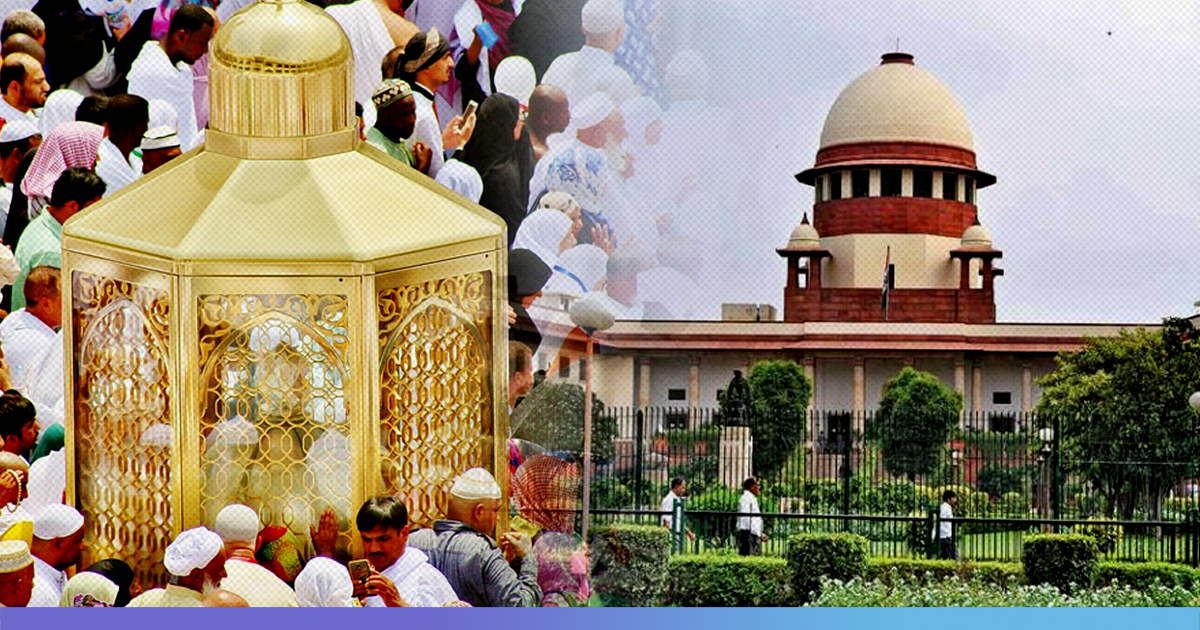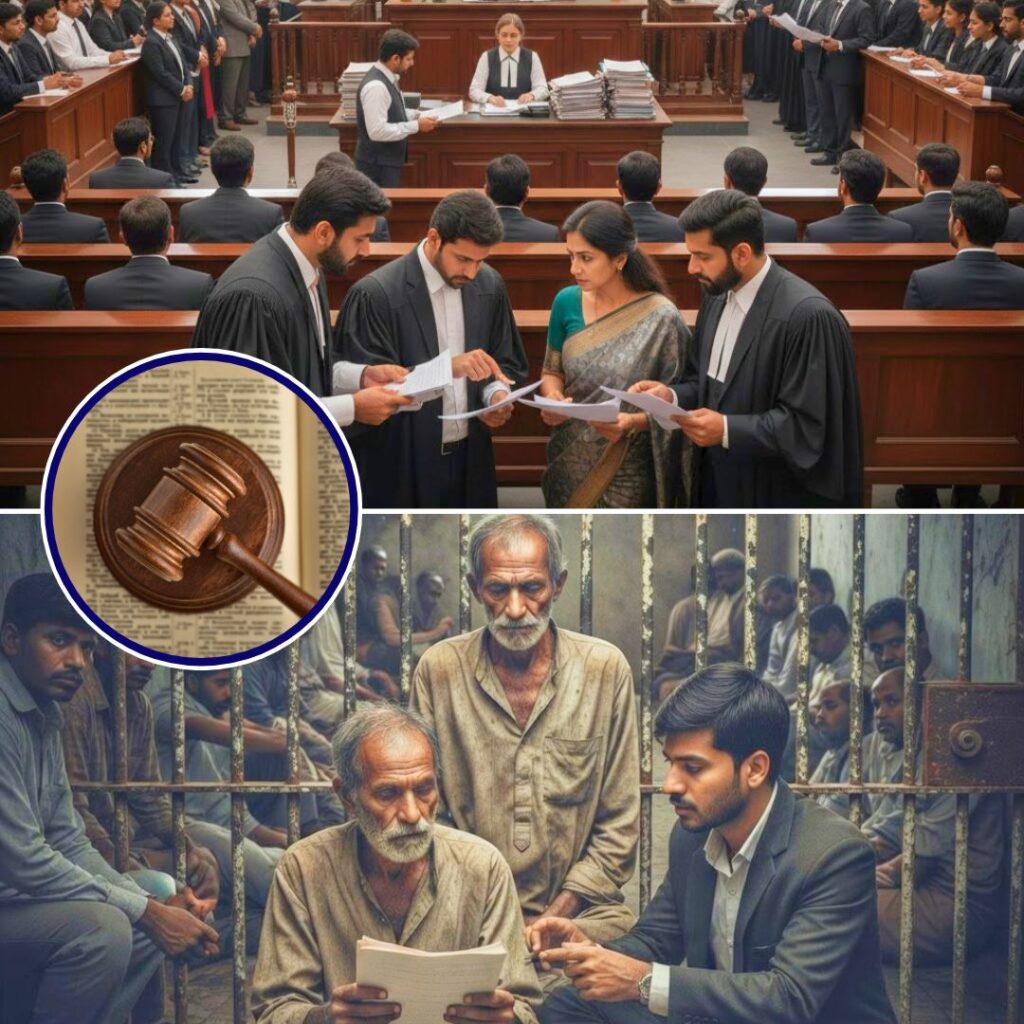In a major development, the Supreme Court on April 16 said that it will examine a plea for allowing entry of women into mosques without any restrictions.
The apex court cited the Constitution Bench verdict in Sabarimala temple case and agreed to examine the plea filed by a Pune-based Muslim couple, seeking a direction to allow women’s entry in mosques without any restrictions.
“We are hearing this case because of Sabarimala,” said the bench, headed by Justice SA Bobde. The court also issued notices to All India Muslim Personal Law Board, the government and the Central Waqf Council.
In 2018, the SC in its landmark verdict had lifted the decades-old ban on entry of women of menstruating age to the hilltop shrine in Kerala.
What is the petition about?
A Pune-based Muslim couple, identified as Yasmeen and Zuber Ahmad Peerzade approached the top court seeking entry of women in mosques.
“The act of prohibition of females from entering mosque is void and unconstitutional as such practices are not only repugnant to the basic dignity of a woman as an individual but also violate the fundamental rights guaranteed under Articles 14, 15, 21 and 25 of the Constitution,” reads the petition.
According to a Deccan Herald report, the couple claims that there are no records stating that the Holy Quran or Prophet Mohammad opposed women’s entry to a mosque to offer prayers.
Presently, women can offer prayers at mosques under Mujahid and Jamaat-e-Islami denominations. They are barred from mosques under the Sunni faction.
SC agrees but asks questions
While agreeing to hear the petition, the apex court asked the couple whether they have been stopped by anyone when they tried to worship at a mosque.
The court also asked some questions to look at the maintainability of their petition. “Can you demand another human being treat you equally? Does it apply to individuals? Can you invoke equality from another citizen? We understand the state can’t…The state shall not deny the right to equality. Church or mosque is a state? If someone doesn’t want your entry into their house, can you ask the police?” asked the bench.
Also Read: Kerala: Why Can’t Women Enter Sabarimala Temple, Asks Supreme Court













